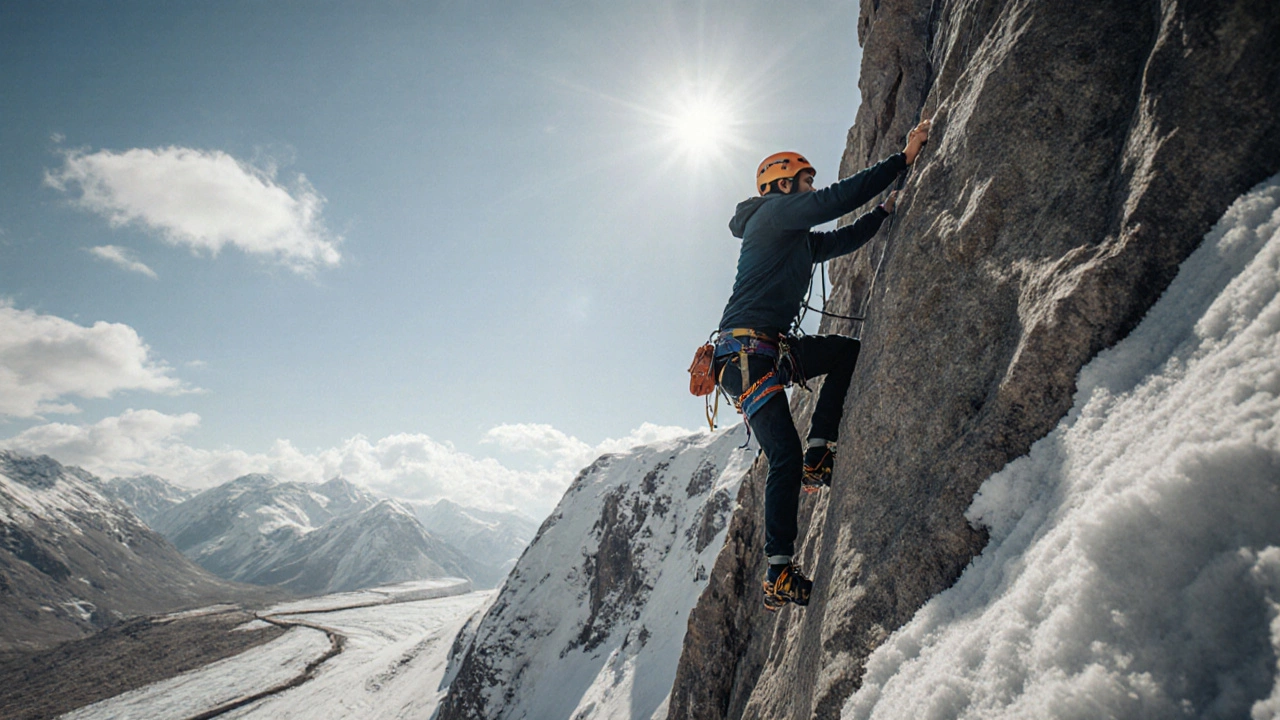SEARCH
Chess Climbing: Where Strategy Meets Adventure in India
When people say chess climbing, a metaphor for slow, thoughtful travel that values planning over speed. It’s not about scaling mountains with ropes—it’s about choosing your path like a grandmaster moves a pawn: deliberately, with foresight, and always with a goal in mind. This isn’t a real sport you’ll find on a map. It’s the quiet rhythm of travelers who don’t rush from temple to beach. They sit in a Kerala backwater houseboat for three days, watching the same heron land on the same branch. They walk Jaipur’s narrow lanes not to check off a sight, but to see how the same artisan has been carving marble since before their grandparents were born. South India, a region where time moves differently and culture is lived, not displayed is where this kind of travel thrives. You don’t just visit Mysore—you notice how the palace lights turn on at sunset because that’s how it’s always been done. You don’t just hike to Ooty—you learn why the tea plantations sit exactly where they do, shaped by British rules and local resilience.
Think of budget travel, smart spending that lets you stay longer, not just go further as your opening move. One dollar buys you a plate of dosa in Chennai, but it also buys you time—time to sit with a local who tells you why the beach isn’t crowded on Tuesdays. cultural heritage, the living traditions passed down through generations, not just preserved in museums isn’t something you photograph. It’s something you wait for. Like the moment in Varanasi when the morning chant rises above the Ganges, or when a grandmother in Andhra teaches you how to tie a Kuchipudi braid. These aren’t tourist shows. They’re quiet rituals, untouched by crowds, and they only reveal themselves to those who move slowly.
There’s no rush here. No打卡, no ticking boxes. You won’t find chess climbing in guidebooks labeled "Top 10 Things to Do." You’ll find it in the silence between posts—like the one about how much a dollar buys in 2025, or why Kerala’s people live longer than anywhere else in India. These aren’t random facts. They’re pieces on the board. And every post below is a move you can make: whether you’re planning a 10-day South India trip, comparing Goa to Phuket, or wondering if you really need cash. This isn’t about seeing India. It’s about understanding it—one thoughtful decision at a time.

Which Sport Requires High IQ? Top Mental Games in Adventure Sports India
Discover which adventure sports in India demand high IQ-chess climbing, strategic trekking, and winter kayaking-where mental strategy beats brute strength. Learn how top athletes think and how you can train your brain for smarter adventures.
Continue reading